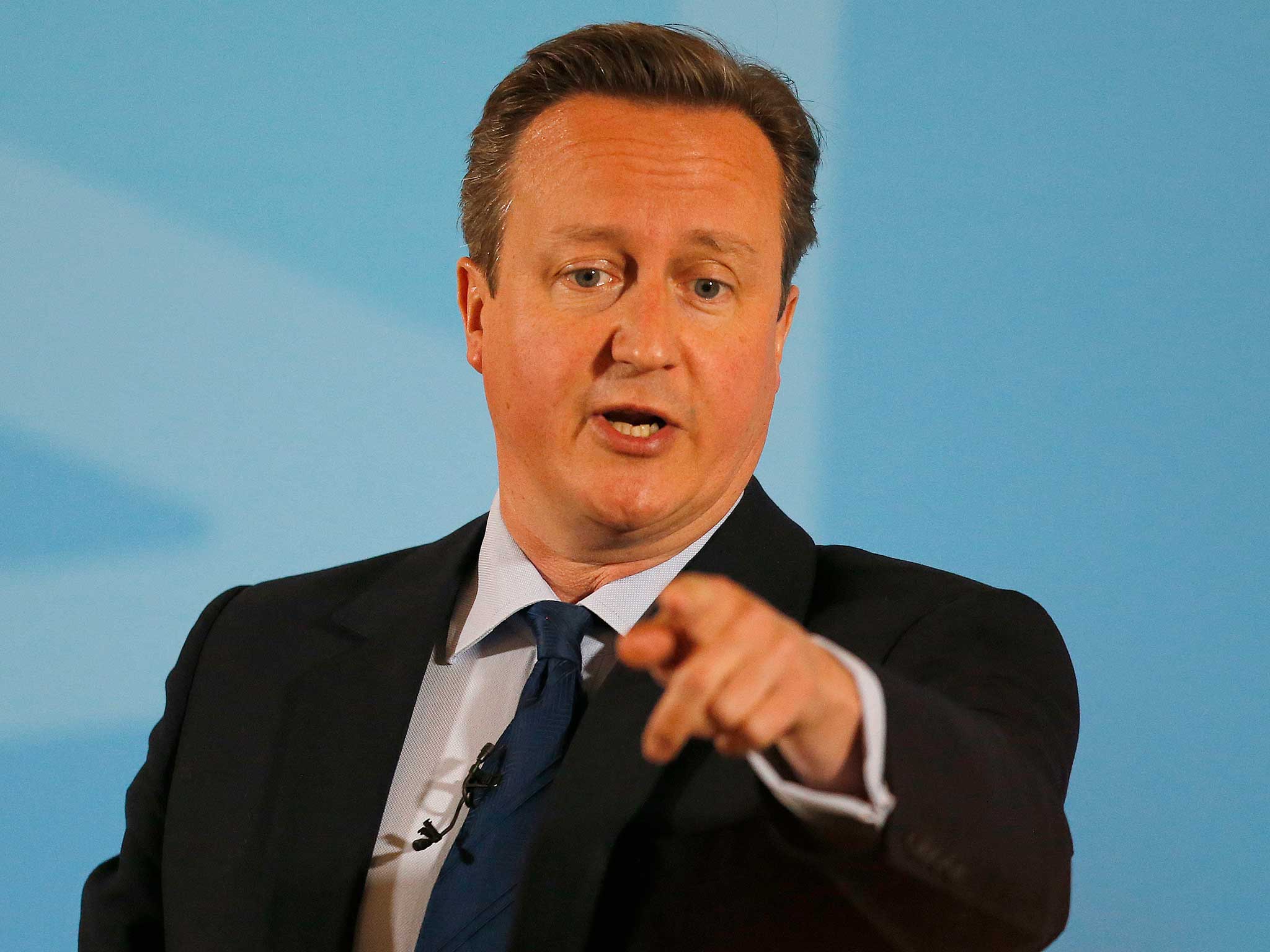A leading anti-extremism group has criticised the Government’s proposed Extremism Bill, arguing that its measures could make matters worse and are based on a flawed strategy.
The Bill, officially announced in the Queen’s Speech, would see people with convictions for so-called “hate speech” and other extremism related offences subject to restrictions on their employment.
But the think-tank Quilliam, which has previously worked with the Government on counter-extremism strategy, said the new laws would likely drive extreme Islamists underground and make it more difficult to challenge their narrative.
“Banning will send these groups underground and make it harder for liberals to win the battle of ideas,” a spokesman for the organisation said.
“The Queen’s Speech is part of a wider strategy seeking to legislate against danger. We cannot legislate away ideas, but we can challenge them.
“Investing in effective counter messaging and opposition groups to extremism is far more effective than banning.”
The group warned that the proposals amounted to a drift towards the “totalitarian” and that the heavy-handed approach would play into the hands of extremists who sought to exploit grievances.
“By banning extremism we play into the extremist narrative of victimhood and ‘the nanny state’. Challenge ideas, don’t ban them,” he said.
“We can't let ourselves become totalitarian whilst trying to protect ourselves from the very same ideology.”
The warning comes just months after it emerged the orgnisation’s chair, Maajid Nawaz, had been included on a sweeping database of “terrorism”-designated individuals.
Mr Nawaz, a noted counter-terrorism advisor to all UK PMs since Gordon Brown, held up his inclusion on the “inaccurate, bigoted garbage” database as evidence of poor policymaking around counter-extremism.
The latest extremism bill announcement comes a day after the Commissioner for Human Rights at the Council of Europe warned the Government’s Prevent counter-extremism strategy could also be counterproductive.
Nils Muižnieks said in a memorandum that Prevent “runs the risk of isolating the very communities whose cooperation is most needed to fight violent extremism”.
“Reinforcing community support and gaining the confidence of communities should be the government’s priority,” he added.
In a response, the Government said Prevent did “challenging but absolutely necessary work”.

Join our commenting forum
Join thought-provoking conversations, follow other Independent readers and see their replies
Comments